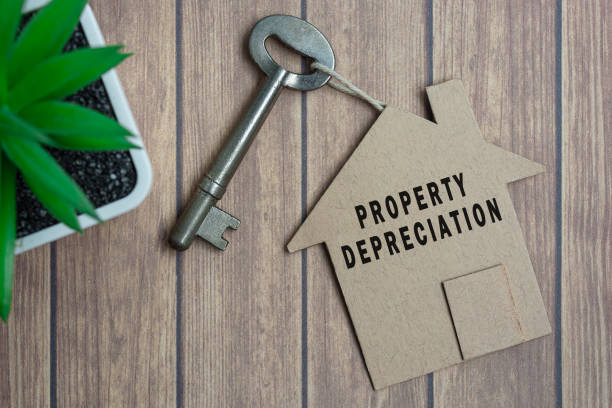Posts by Jaxon Texas
How Different Locations Impact Rental Property Profits: State vs. Federal Taxation
Renting out properties can be extremely rewarding, yet taxes play a pivotal role in its profitability. Federal tax regulations dictate capital gains and depreciation taxation rates while state laws often vary significantly and have a significant bearing on an investor’s bottom line. Understanding state regulations as they intersect with federal ones will allow you to…
Read MoreUnderstanding Depreciation Shifts in 2025 for Investment Properties
Depreciating rental property offers a tax advantage for real estate investors, offsetting taxable income and accounting for wear and tear. However, changes in tax laws, particularly in 2025, could affect how depreciation is perceived. Understanding these changes can help investors maximize tax savings and comply with updated regulations, ensuring a smoother property management process. IRS…
Read MoreWhat Landlords Can Do to Improve Flood Protection in Older Rental Properties
Floodwater damage to rental properties, especially older ones, can be costly and devastating due to outdated drainage systems, poor construction, and disregard for flood risks. Landlords should retrofit older rentals with better flood protection to protect properties and tenants while reducing repair costs. Mitigation strategies can help mitigate repair expenses and protect properties and tenants’…
Read MoreA Preventive Approach to Handling Contamination Problems in Rental Properties
Contamination issues in rental properties pose significant health and legal risks for tenants and property managers. Quick action is crucial to maintain tenant safety and comply with regulations. Regular inspections, prompt remedial action, and clear communication between parties minimize risks and create a secure environment. Water contamination in rental properties can be caused by old…
Read MoreModernizing Plumbing Infrastructure for Rental Properties
Modernizing plumbing infrastructure can boost property value, ensure tenant safety, and reduce maintenance costs for rental properties. Outdated systems, fixtures, or ineffective water delivery can cause leakage or damage, but upgrades can prevent emergency repairs and enhance property efficiency. Modernizing property plumbing systems involves identifying outdated systems like galvanized steel, polybutylene, and lead pipes, which…
Read MoreSelecting Septic-Friendly Products for Maintaining Plumbing in Rental Properties
Septic system maintenance is an integral component of managing rental properties, as it ensures efficient waste disposal and reduces costly plumbing problems. To prolong and enhance its functionality, property managers and tenants alike should utilize eco-friendly materials when maintaining their septic systems. Using products suitable for their systems could prevent expensive repairs or failure. Harsh…
Read MoreCreating Detailed Deposit Procedures for Efficient Property Administration
Security deposits are an essential component of managing rental properties, protecting them from damages or unpaid rent. By clearly outlining deposit policies, they promote transparency, reduce disputes, and build positive relationships between tenants and landlords alike. By adhering to legal compliance while still meeting tenant demands for security deposits. Communication is at the core of…
Read MoreFair Tenant Damage Charges: A Balanced Property Management Strategy
Property managers must charge renters for damage they cause to maintain the integrity and fairness of rental properties. They must distinguish between normal wear-and-tear and tenant-caused damage, using transparent documentation and legal compliance. This efficient system protects both landlords and tenants from disputes over charges applied correctly or inaccurately. Normal wear and tear refers to…
Read MoreReturning the Security Deposit: A Transparent and Equal Method
Return of security deposits in rentals is an integral step that demands fairness, transparency, and legal compliance. A structured refund strategy ensures tenants get their due while safeguarding property managers’ investments. During move-out, an inspection is crucial for returning your security deposit in good condition. Deductions should not exceed normal wear and tear, but excessive…
Read MoreFinancial Precision in Property Management: The Benefit of Thorough Expense Tracking
Property management success relies heavily on financial oversight and expense tracking. Property managers must account for all financial transactions, including maintenance, capital improvements, and upkeep costs, to ensure long-term sustainability and profitability. A structured expense tracking system helps control costs and aids strategic decision-making. Categorization is crucial for tracking property expenses, breaking costs into specific…
Read More









